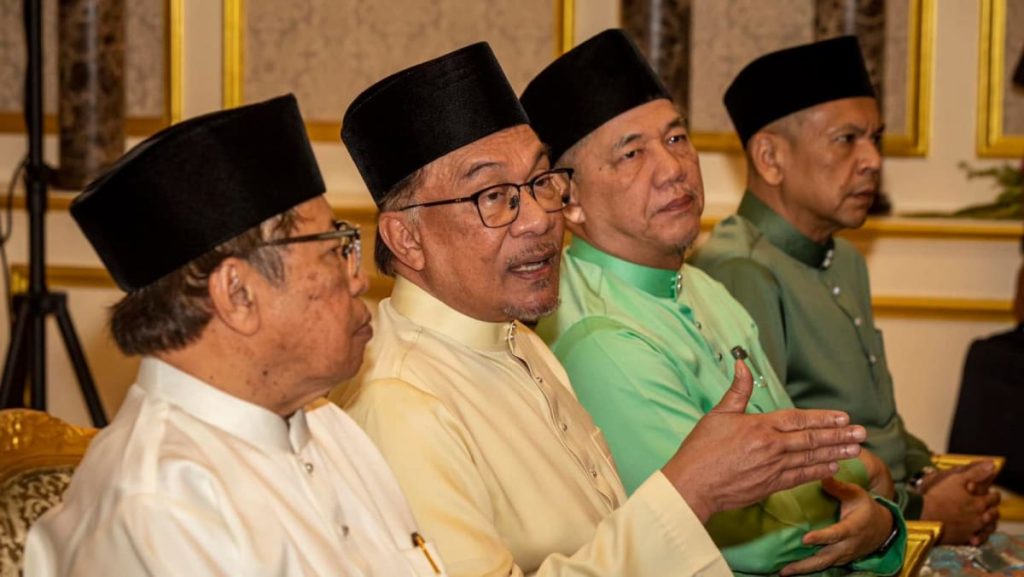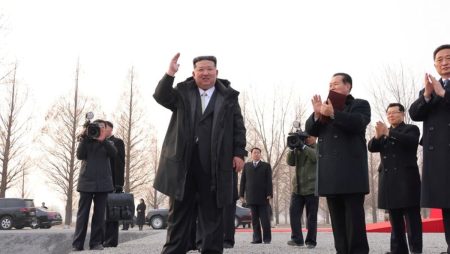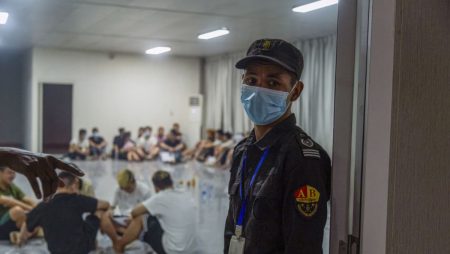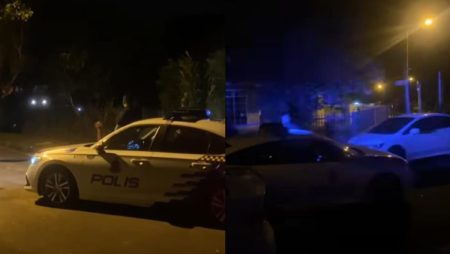Can the Different Laws Co-Exist?
The issue of whether the federal Petroleum Development Act (PDA) and Sarawak’s state-specific oil and gas laws can coexist has become a contentious and complex question. At the heart of this dispute is a long-standing tension between Sarawak and the Malaysian government, particularly over the control of hydrocarbon resources. Sarawak has been pushing for greater autonomy over its oil and gas reserves, which are significant, as the state holds approximately 60% of Malaysia’s gas reserves and contributes nearly 90% of the country’s liquefied natural gas (LNG) exports. This economic importance has fueled Sarawak’s determination to assert its rights, leading to months of tough negotiations with the federal government and Petronas, the national oil company.
Sarawak’s Position and Legislative Moves
Sarawak’s stance is clear: it does not recognize the PDA as applicable to its territory. Instead, the state has taken proactive steps to establish its own legal framework to govern the oil and gas sector within its borders. In February of last year, Sarawak appointed Petros, its state-owned oil and gas company, as the sole gas aggregator. This move was a direct challenge to Petronas’ long-standing authority, which was granted under the PDA. By creating its own laws, including the Distribution of Gas Ordinance 2016, Sarawak is signaling its intent to have greater control over its hydrocarbon resources. However, this has led to confusion and conflict, as the federal government and Petronas insist that the PDA remains the supreme law governing oil and gas activities in Malaysia, including in Sarawak.
The Breakdown of Negotiations and Its Implications
Efforts to find a compromise between Sarawak and the federal government, including Petronas, have been ongoing since April of last year. However, these negotiations have twice broken down, with Petronas suspending all talks in December. The situation has become increasingly tense, with both sides unable to reach a mutually acceptable resolution. This breakdown has left a lot of uncertainty, not just for the parties involved but also for international investors who are keen on participating in Malaysia’s lucrative oil and gas sector. Senior government officials and Petronas executives have highlighted that the main issue lies in the conflicting legal frameworks, which have created an environment of unpredictability. Petronas officials have expressed frustration over Sarawak’s enforcement of new licensing requirements, which they argue complicate the existing regulatory structure established by the PDA.
The Legal and Investment Conundrum
The legal tussle between Sarawak and the federal government has raised questions about the feasibility of having two sets of laws governing the same resources. While Sarawak’s Distribution of Gas Ordinance 2016 requires all parties, including Petronas, to obtain licenses for gas distribution activities within the state, the federal government maintains that Petronas and its subsidiaries are exempt from such requirements under the PDA. This conflict has led to confusion among investors, with some expressing concerns that the lack of legal clarity could deter foreign investment. Zaid Ibrahim, a prominent Malaysian lawyer and former minister, has echoed these concerns, arguing that having two competing sets of laws is unsustainable and will only lead to further conflict. He believes that foreign investors crave certainty and stability, which the current legal ambiguity does not provide.
Calls for a New Approach and Legal Resolution
Given the impasse, there have been calls for a new approach to resolve the issue. Zaid Ibrahim suggests that the best way forward might be to maintain the status quo, allowing Petronas to continue operating as it has done, while both parties seek a legal resolution through the courts. This approach, he argues, would provide the necessary clarity and ensure that the rights of all stakeholders are protected. However, this solution is not without its challenges, as it could lead to prolonged legal battles and further delays in addressing the underlying issues. Meanwhile, the Anwar administration has been attempting to mediate the dispute, with officials acknowledging that the breakdown in talks has been a significant setback. Senior government officials have emphasized that the real problem lies in the fact that negotiations have collapsed, leaving both Petronas and Sarawak unable to move forward.
The Way Forward: Uncertainty and Potential Solutions
As the situation remains unresolved, the uncertainty continues to loom over Malaysia’s oil and gas sector. The Anwar administration’s efforts to push Petronas and Sarawak toward a compromise have so far yielded little progress, with both sides refusing to budge. Petronas officials have described the situation as untenable, particularly in light of Sarawak’s increasing enforcement of its own laws, which have added another layer of complexity to the already contentious relationship. For now, it seems that the only way to resolve the issue is through a combination of negotiation and legal action. Whether the federal government and Sarawak can find a way to reconcile their differences and create a framework that respects both the PDA and Sarawak’s state laws remains to be seen. One thing is certain, however: the outcome of this dispute will have far-reaching implications for Malaysia’s energy sector and its ability to attract foreign investment in the years to come.












